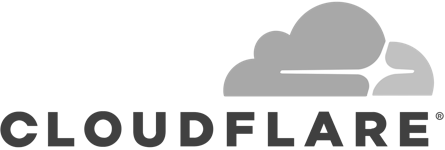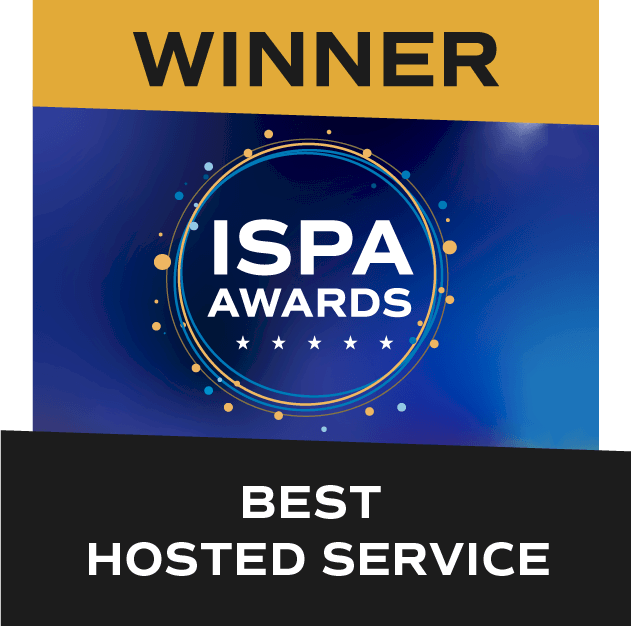With managed hosting taking care of the server maintenance heavy lifting, it’s easier than ever before to run your website, app, or, in this case, headless content management system (CMS) on just about any infrastructure you want. But that doesn’t mean all infrastructure is equal. When hosting a headless CMS or multiple frontends, having the right infrastructure can mean just the right amount of scalability and performance needed to ensure great user experiences and fewer problems down the line.
Cloud servers and dedicated servers are the most common types of infrastructure used for self-hosted headless CMSs. But how do the differences between the two lend themselves better to one type of headless CMS than another?
Scalability and Flexibility
In a cloud environment, the resources of the physical servers providing the cloud infrastructure are pooled together. Cloud servers are created using these resources. It also means that, should a cloud server need more resources, it can be assigned without ever having to touch the physical server.
But, depending on your cloud service provider, you might find the performance of your public cloud server fluctuating during peak times.
In contrast, a dedicated server is a physical server that, as all servers do, comes with one or more CPUs, a fixed amount of RAM, as well as storage space, among other things. Since these physical resources are dedicated entirely to you, server performance won’t be affected by someone else.
As with a cloud server, computing resources can be upgraded, but it requires opening up the physical server and physically upgrading existing components.
It’s for this reason that cloud servers are also more flexible in terms of geographic distribution, meaning that it’s easier to host a cloud server closer to your audiences than a dedicated server.
What to do: Choose a cloud server if your headless CMS / frontend website or app receives variable traffic. A dedicated server is ideal for scenarios where traffic and server load is consistent, and your audiences are (mostly) located close to your hosting service provider.









